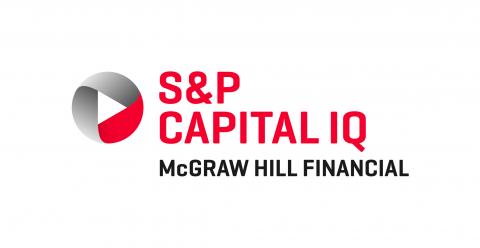What kind of securities litigation cases are collected by SSLA?
Currently SSLA collects data on federal securities class actions filed against publicly traded companies involving alleged misstatements whereby investors in the equity and / or debt of the issuer were allegedly harmed as a result of those material misstatements. We also maintain a database of SEC administrative and litigation proceedings and DOJ criminal cases. We do not include cases against privately held companies (unless they were publicly traded at the time of the alleged fraud) or cases brought by investors in special purpose vehicles and similar structures (such as mortgage backed securities and REITs). This web application contains only federal shareholder actions. Additional web applications for accessing our SEC enforcement database is in development. We plan on building a database of shareholder derivative and state court securities class actions as research funding and staffing allow.
What kind of financial and industry data is available through Stanford Securities Litigation Analytics?
SSLA collects a limited amount of data related to company size and shareholder losses, as well as general industry and sector information. These data are specific to the class period as identified by the plaintiffs' complaint. It is useful for practitioners who are simply trying to find a cohort of cases within a particular industry, or of similar company size or shareholder losses. For underwriters and actuaries looking to do more sophisticated modeling, Stanford Securities Litigation Analytics and S&P Capital IQ have teamed up to offer licensees of both datasets a single integrated solution. S&P Capital IQ seamlessly integrates SSLA data with their own financial analytics to provide a holistic view for assessing litigation risk and pricing policies.
For more information about S&P Capital IQ's suite of solutions for Management Liability, please contact:
Kevin Morrissey Vice President, Specialty Insurance Markets S&P Capital IQ 55 Water St 49th Floor New York, New York 10041
212.438.4102 / 917.842.1055 kmorrissey@spcapitaliq.com

What data is collected for each case?
For each case, our analysts collect data on all the parties involved (plaintiffs, defendants, lawyers representing each side, judges, mediators, external auditors, underwriters, etc.; qualitative descriptions of the material facts of the case (restatement, bankruptcy, IPO, product problem, clinical trial misstatement, etc.), alleged elements of scienter (insider sales, parallel regulatory prosecution, confidential witnesses, etc.), the history of the case, the phase of litigation proceedings in which a case is resolved and a detailed breakdown of settlement contributions and SEC / DOJ penalties.
For what years is data collected?
All of our securities litigation databases begin with cases filed in 2000 through today and are updated in real-time on a weekly basis.
How can I access the database?
We provide access to our data on a for-fee basis through the following methods: 1) Wholesale data licensing - raw data exported from the database and delivered through an Excel file 2) Access through the online web tool - full search capabilities, aggregate statistics, reporting and graphics 3) Project-by-project consulting basis. For additional questions regarding access to the database, including pricing, please contact Jason Hegland at jhegland@law.stanford.edu.
Do you have data on defense costs?
This is one of the most common questions we get from brokers and insurers. At this time, we do not have it (nor does any other data provider). One goal of SSLA is to create a "data cooperative" where licensed users agree to share data on defense costs. That data would then be anonymized, used for aggregate statistics and shared with participating contributors. Sharing data on defense costs is not required for licensed access to the database. If you have more questions or would like to participate in our defense cost sharing program, please contact Jason Hegland at jhegland@law.stanford.edu.
How are case statuses determined?
Case status is based on the status as it relates to the issuer, or the highest officer / director if the company is not a named defendant. At the point a settlement agreement is announced, the case status will change to "Case settled." Should the agreement fall through and the case continues to be litigated, the status will be changed back to "Case ongoing." Cases dismissed without prejudice are coded as such. In some of these cases, an amended complaint will later be filed and litigation will continue. At the time a new complaint is filed, the case status is changed to ongoing. Other cases will never have a new complaint filed, and thus, their status will remain dismissed without prejudice. In the event a case ruling is appealed, the case status will reflect the ruling of the lower court until a time where a decision from the appellate court overrules and remands the case. At that time, the status will again revert to "Case ongoing."
